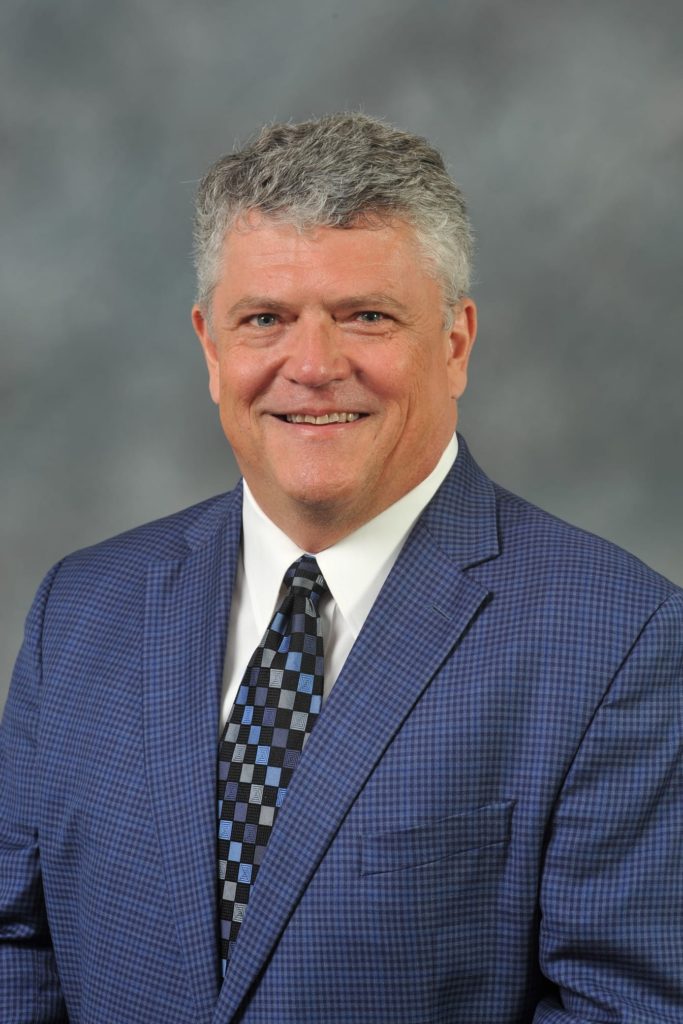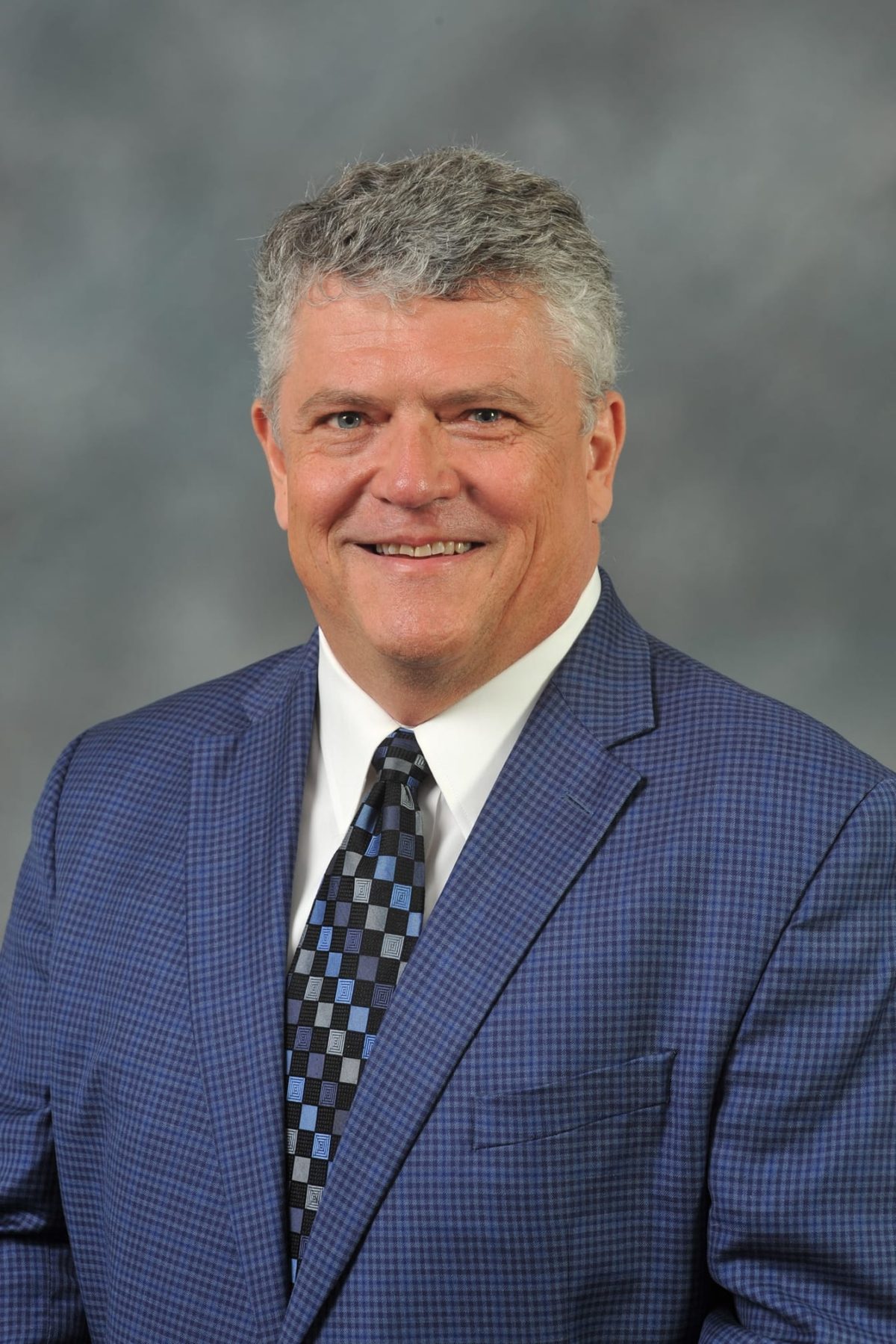
Tim Koch, lecturer in the Department of Music; CCU director of Choral Activities; and music director of the Carolina Master Chorale, is carving a pathway forward for his arts organization within the current context of COVID-19. He’s created a platform for artists to not only perform but also share their reflections on related issues most important to them. This is one way, Koch believes, that artists and audiences can mutually support one another in a new reality.
The State of Things
Koch’s biweekly virtual event, titled “The State of Things: House Concerts and Conversations with Artists,” takes place over three consecutive sessions in September and October and is made accessible through the Carolina Master Chorale’s Facebook page.
The musician and director took a few minutes recently to talk about the series as well as the long view for the performing arts field.
Koch acknowledges that his particular industry is among the most vulnerable to long-term detrimental effects of COVID-19.
“My profession is all of a sudden one of the world’s most dangerous professions,” Koch said. “All the research says singing in groups, particularly indoors, is impossible. We’re trying to find solutions to that part of it, but in the meantime, my choir, the Carolina Master Chorale, which has a wonderful interface with Coastal, had to cancel our last concert, as lots of performing arts organizations have been forced to do. Our long-term viability is in jeopardy if we have to cancel another entire season.”
And, of course, no concerts means the community loses the shared artistic experience.
“Right now, we’re not engaging the public,” said Koch, “and I wanted to find a way to do that.”
“Not just pretty music”
Offering purposeful art is already a tradition in the CMC, Koch said.
“I’ve always tried to make the music-making more than relevant, to try give it a real purpose. We’ve done concerts to recognize heroes, we’ve done concerts for the Boys and Girls Clubs – we regularly try to lift up our community. I don’t want people to come just to listen to pretty music; I want the music to be a vehicle for making our little corner of the world a better place.”
Garnering support
In creating this event, Koch drew upon his relationships with musicians and artists across the country and around the globe, in addition to his knowledge that artists often hold strong, informed views on various social and political issues. He wanted to highlight both the talent and the passions of the artists involved, so he tested interest in the event by sending some emails.
“I wrote to 25 friends,” said Koch. “A number are local, a number are CCU faculty, and others are varying degrees of nationally and internationally recognized. I said ‘I know you care about what’s going on in the world and that you care particularly about some aspects rather than others. I wonder if you would just say a few words about the state of things, and then could you pair that with some sort of performance? And, I’m not going to pay you; I’m going to use what you do to generate help for the Carolina Master Chorale.’ I’m going to try to make this a forum where people might hear it all over the world, and I asked them to spread the word among their friends.”
A gracious response
The artists responded, not just gradually, but quickly and in impressive numbers.
“All of these people said yes,” Koch said.
The recordings came in, and Koch compiled them into a comprehensive, sequential series of recitals.
The artists’ performances range from piano and flute to singing and poetry, and each artist shares insights on an issue close to their heart: Alzheimers research, the legal and penal system, and the plight of American Indians, to name just a few.
Much like so many factors of the COVID-19 pandemic, the compilation of these pieces was piecemeal, and participants were given very little guidance on logistics. The result, Koch said, is a beautiful and eclectic array of expression.
“They’re so varied,” said Koch. “They were all done in people’s homes — some performers are dressed up, some don’t have any makeup on. I wanted them to convey however they were feeling and whatever they wanted to talk about; I didn’t let them see what anyone else was doing, It looks a little ragtag now and then, but it’s authentic. I’m super excited about that.”
